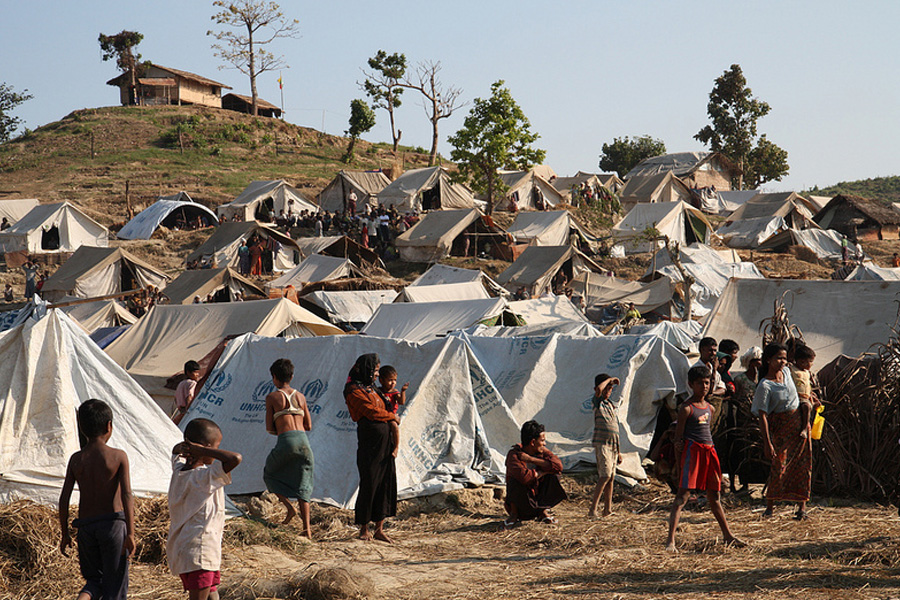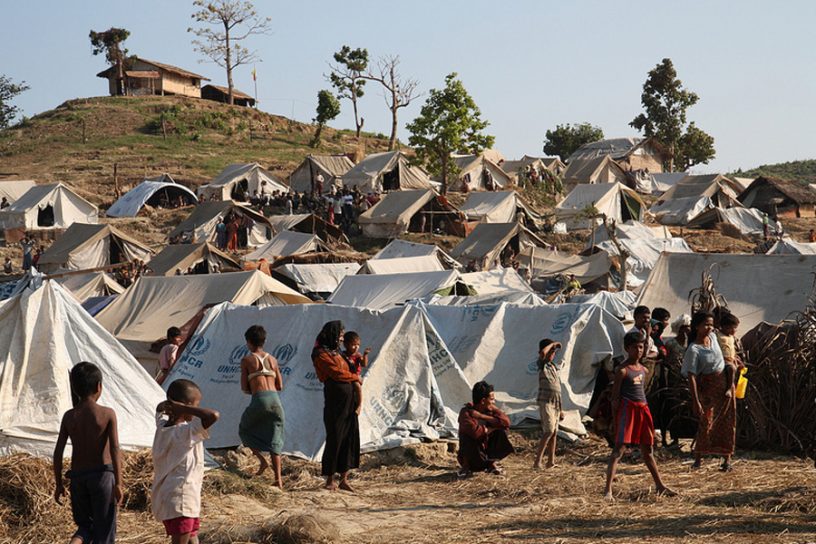
This Comment argues that despite dwindling resources, the international community has a responsibility to protect affected people and must give climate migrants refugee status so that they are protected outside their national borders.
Authors
Saber Salem, Doctoral Research Fellow, Jindal School of International Affairs, O.P. Jindal Global University, Sonipat, Haryana, India.
Armin Rosencranz, Professor, Jindal School of Environment & Sustainability, O.P. Jindal Global University, Sonipat, Haryana, India.
Summary
It is now scientifically proven that climate change is causing disruptions to the world at large. These slow-motion consequences threaten most coastal areas around the world, especially the Pacific Island nations.
Scientists predict that climate change will cause the forced displacement of people; desertification; protracted destructive wildfires; sea-level rise; ocean acidification; extreme weather events; and severe drought, which then impacts the supply of food. It will also cause frequent flooding, torrential rainfall, and of course tropical cyclones, which damage agricultural lands, agricultural productivity, and livelihoods.
It is therefore logical to argue that climate change is undeniably a global phenomenon, which demands global actions. However, what is missing at this point in time is a general consensus to take coordinated joint action to tackle climate change.
This Comment argues that despite dwindling resources, the international community has a responsibility to protect affected people and must give climate migrants refugee status so that they are protected outside their national borders.
Published in: The Environmental Law Reporter
To read the full article, please click here.


